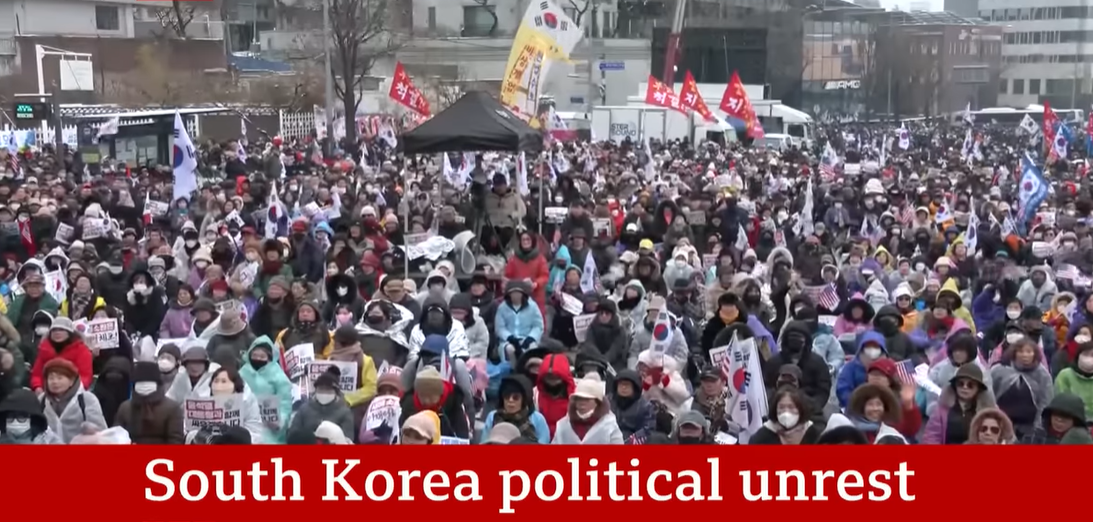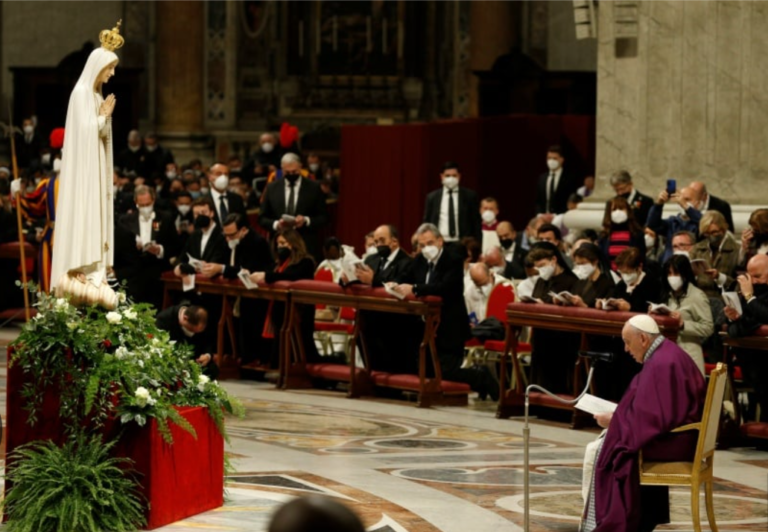Antony Blinken’s 2025 Visit to South Korea Amid Political Crisis.
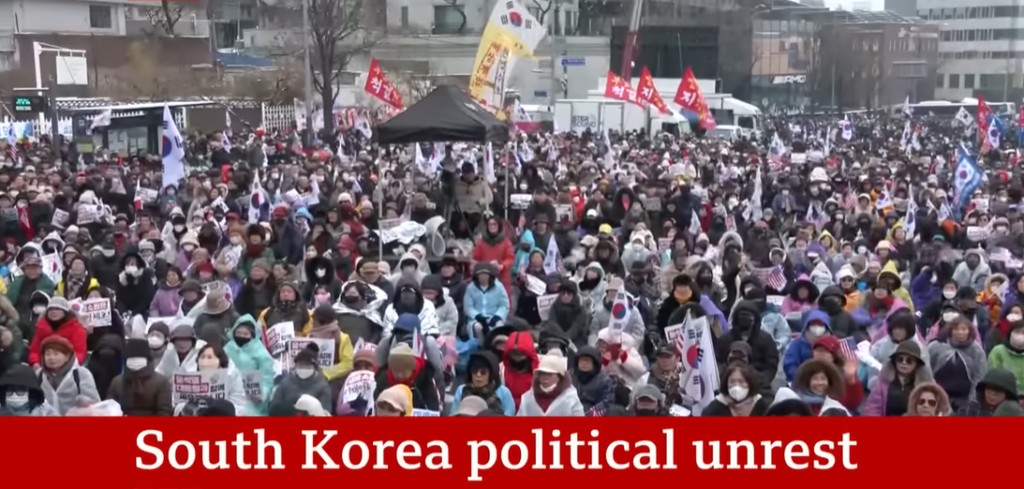
South Korea’s Political Turmoil Deepens as U.S. Secretary of State Blinken Arrives for Crisis Talks
South Korea is currently navigating a profound political crisis marked by the impeachment of President Yoon Suk Yeol, his controversial declaration of martial law, and subsequent nationwide protests. In this volatile context, U.S. Secretary of State Antony Blinken has arrived in Seoul to engage with South Korean leaders, aiming to reaffirm the U.S.-South Korea alliance and address the unfolding situation.
Background of the Crisis
The turmoil began on December 3, 2024, when President Yoon Suk Yeol declared martial law, deploying military forces to surround the National Assembly. This unprecedented move was met with immediate backlash, leading to his impeachment by Parliament on December 14, 2024. The Constitutional Court is currently deliberating on the validity of the impeachment, leaving the nation in a state of uncertainty.
Failed Arrest Attempts and Public Unrest
Efforts to arrest the impeached president have been thwarted by his security detail and thousands of supporters. On January 4, 2025, a six-hour standoff ensued as authorities attempted to detain Yoon at his official residence, only to be blocked by a human shield formed by his bodyguards and loyalists. The arrest warrant, issued on charges of insurrection, is set to expire on January 6, 2025, adding urgency to the situation.
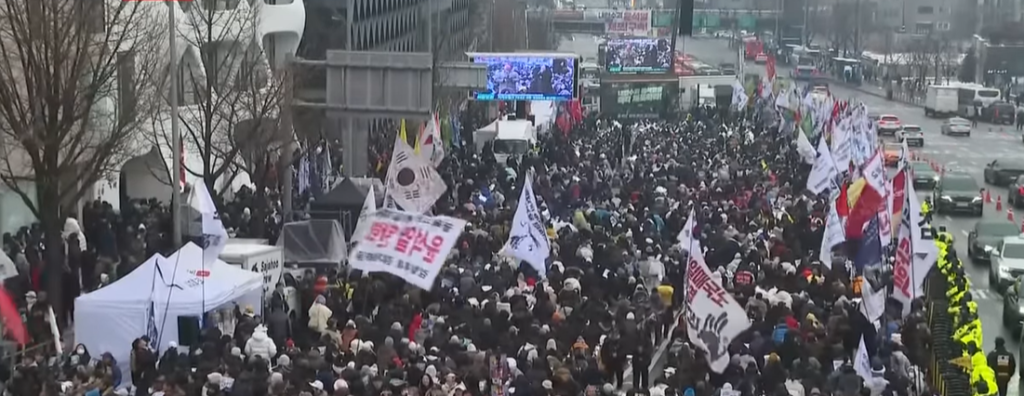
The nation has witnessed mass mobilizations, with citizens braving freezing temperatures to demand Yoon’s ouster and arrest. Pro-Yoon demonstrators have also taken to the streets, leading to clashes and a deeply polarized society. The government’s attempts to execute the arrest warrant have been met with legal challenges and physical resistance, further complicating the crisis.
U.S. Involvement: Antony Blinken’s Visit
During this political upheaval, U.S. Secretary of State Antony Blinken has embarked on a diplomatic mission to South Korea, Japan, and France from January 4 to 9, 2025. His visit to Seoul is particularly significant, as it coincides with South Korea’s internal strife peak. The State Department has stated that Blinken’s meetings in South Korea will focus on strengthening efforts for a free, open, and prosperous Indo-Pacific region and trilateral cooperation with Japan.
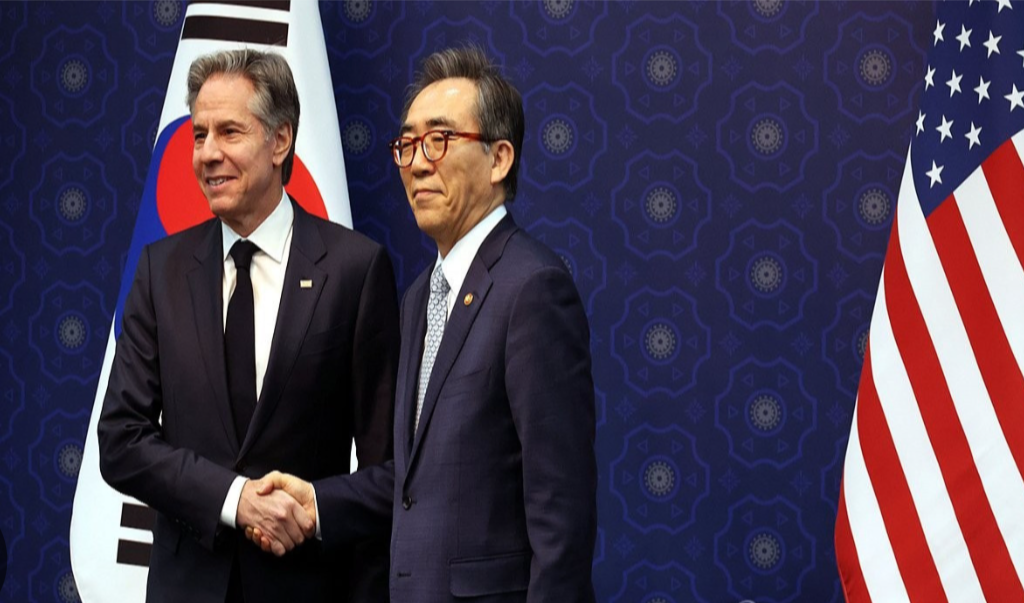
Analysts suggest that Blinken’s presence in Seoul serves multiple purposes:
- Reaffirming the U.S.-South Korea Alliance: Amidst the political instability, Blinken aims to reassure South Korean leaders of the United States’ steadfast support and the importance of their bilateral relationship.
- Encouraging Democratic Processes: The U.S. has a vested interest in promoting democratic governance in allied nations. Blinken’s visit may serve as a subtle endorsement of constitutional processes and the rule of law in resolving South Korea’s internal conflicts.
- Addressing Regional Security Concerns: The political instability in South Korea could have broader implications for regional security, particularly concerning North Korea and China’s influence. Blinken’s discussions are expected to encompass these strategic considerations.
Implications for Regional Stability
South Korea’s internal crisis has raised concerns about potential vulnerabilities that adversarial nations might exploit. China, in particular, may perceive the turmoil as an opportunity to expand its regional influence. The U.S., through Blinken’s visit, seeks to mitigate such risks by demonstrating unwavering support for South Korea and emphasizing the importance of stability in the Indo-Pacific region.
Domestic Reactions to Blinken’s Visit

The South Korean public has exhibited mixed reactions to Blinken’s arrival. Some view it as a necessary intervention by a key ally, while others perceive it as external interference in domestic affairs. The political polarization has led to debates over the extent to which foreign influence should play a role in resolving the nation’s internal issues.
Legal and Constitutional Challenges
The Constitutional Court’s pending decision on Yoon’s impeachment adds a layer of complexity to the crisis. Legal experts are divided on the legitimacy of the impeachment and the subsequent actions taken by both Yoon and the Parliament. The court’s ruling will have profound implications for South Korea’s democratic institutions and the balance of power within its government.
Future Prospects
As the situation unfolds, several scenarios are possible:
- Upholding the Impeachment: If the Constitutional Court upholds the impeachment, Yoon will be permanently removed from office, potentially leading to new elections and a shift in the political landscape.
- Reinstating Yoon: Should the court overturn the impeachment, Yoon could resume his presidency, which may exacerbate public unrest and deepen societal divisions.
- Prolonged Uncertainty: Delays or indecision by the court could prolong the crisis, undermining public confidence in democratic institutions and governance.
South Korea’s current political crisis represents a critical juncture for its democratic institutions and regional relationships. The arrival of U.S. Secretary of State Antony Blinken underscores the international significance of the situation and the imperative for a resolution that upholds democratic principles and ensures stability. As events continue to develop, the actions taken by both domestic and international actors will play a pivotal role in shaping South Korea’s future trajectory.

